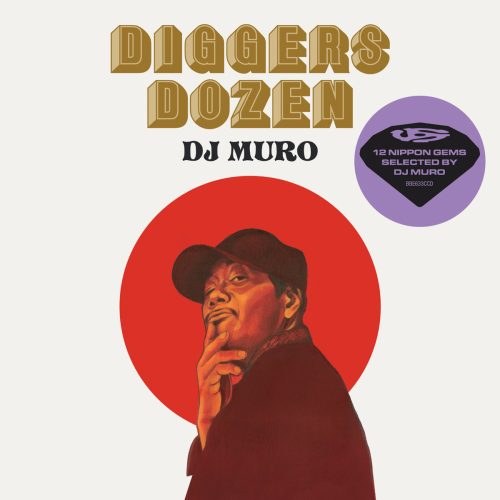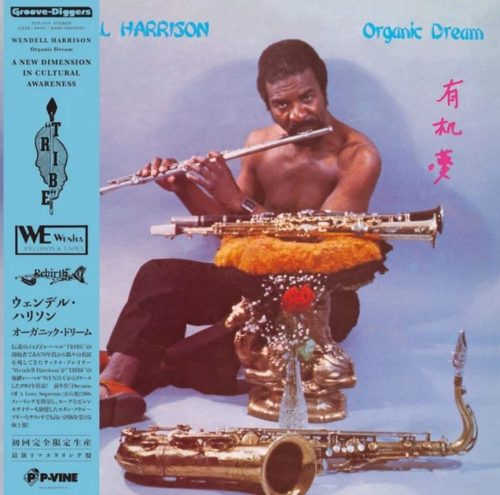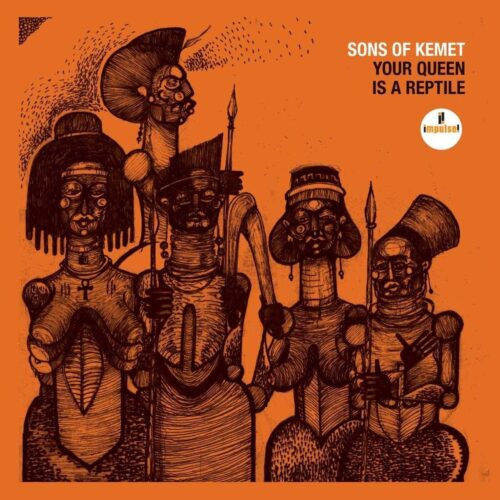Live In Bremen 1961
Label: Lost Recordings
Genre: Jazz
$119.99
Availability: In stock
The Glocke was one of Herbert von Karajan’s favorite concert halls in Europe. Located in the Hanseatic city of Bremen, a capital of commerce that gained its riches from the coffee business, it is an unusual place. The hall itself has been at the confluence of all the arts for decades. It was designed on an octagonal plan in 1737 and despite several fires, it has retained some of the finest acoustics on the continent.
On that evening in April 1961, before an audience of 1,400, the imposing figure of Oscar Peterson sat down at his piano with his two acolytes. There was Ray Brown, known to his admirers as “the handsome bassist”, and Ed Thigpen, one of the most sought-after drummers on the New York scene.
Some 15 years earlier, in the mid-1940s, the Canadian pianist was on the path to becoming a classical performer. Then, influenced by popular pianists such as Nat King Cole and the prodigious Art Tatum, whom he would idolize, he suddenly changed direction. In September 1949, Norman Granz discovered Peterson at Carnegie Hall and launched his career as a jazz legend. By 1958, with some ten years of success behind him, the man his fans nicknamed “the man with four hands” and the “Bomber of Boogie Woogie” began to feel that the structure of his repertoire and interpretations needed to evolve.
Peterson had been performing chiefly with guitarist Herb Ellis (with whom he never stopped playing), but now he decided to try out working with a trio. This marked an important turning point in his artistic development. The counterpoint of the guitar gave way to the functional and rhythmic backing of the drums and bass, enabling the musical magician to give freer rein to his creativity. In the words of Quebecois novelist Claude Vaillancourt in April 2008, his concerts were imbued with the magic of “hidden pleasure.” At a time when jazz, influenced by the new sounds of rock, was in the throes of deconstruction, Peterson responded by grounding his music in the deep roots of the blues, in his classical training and in popular trends. To quote Vaillancourt again, he gave a “grounded earthiness” to the flights of virtuosity that made him so famous. And with spectacular results, as this Bremen concert proves: Peterson, instead of sacrificing swing, imbues it with constant refinement and elegance, and at times even seriousness.
The Lost Recordings retrieved the tapes of this landmark concert from the archives of the Bremen Radio, and many long weeks were spent on their restoration. As the trio leaves the stage to the thunderous applause of the German audience that we can hear here, it is clear that Oscar Peterson is an alchemist of genius, and in a certain sense, his very own Pygmalion who sees his transformations through to end. Already a master of swing, Peterson surpassed himself in every way. He broadened his repertoire and constantly reinvented himself, all the while remaining faithful to his innermost self. His legacy, the magical lustre he brought to jazz, is priceless.





